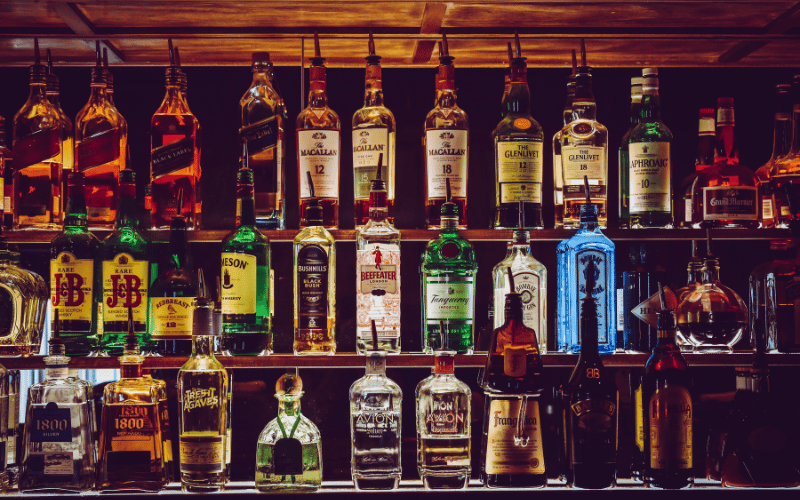Fact 12: Alcohol and Its Effects on the Esophagus

Alcohol, when consumed, makes direct contact with the esophagus. Its corrosive nature can irritate the esophageal lining, especially when consumed in large quantities. Over time, this continuous irritation can lead to inflammation, making the esophagus more susceptible to the harmful effects of stomach acid and increasing the risk of ulcer formation.
In addition to its direct irritation, alcohol can indirectly cause harm by promoting acid reflux. It achieves this by relaxing the lower esophageal sphincter, the muscular valve that prevents stomach acid from flowing back into the esophagus. This relaxation allows for easier reflux of stomach acid, which can then act on an already weakened esophageal lining.
Often, alcoholic beverages are consumed with spicy or greasy foods. This combination can be particularly harmful. While alcohol weakens the esophageal defenses, spicy and fatty foods can trigger more stomach acid production, setting the stage for increased acid reflux and irritation.
Not all alcoholic drinks affect the esophagus in the same way. Some might feel smoother and less irritating, leading one to believe they’re safer. For instance, creamy liqueurs might seem gentler than hard spirits. However, their alcohol content still possesses the potential to relax the LES and irritate the esophageal lining, regardless of their perceived smoothness.
If choosing to consume alcohol, moderation is key. Being aware of one’s limits and understanding the potential risks can make a significant difference. It’s also essential to listen to one’s body. If certain drinks cause heartburn or discomfort, it might be wise to avoid them. Furthermore, alternating alcoholic drinks with water and ensuring one doesn’t consume alcohol on an empty stomach can reduce its negative impact. (12)